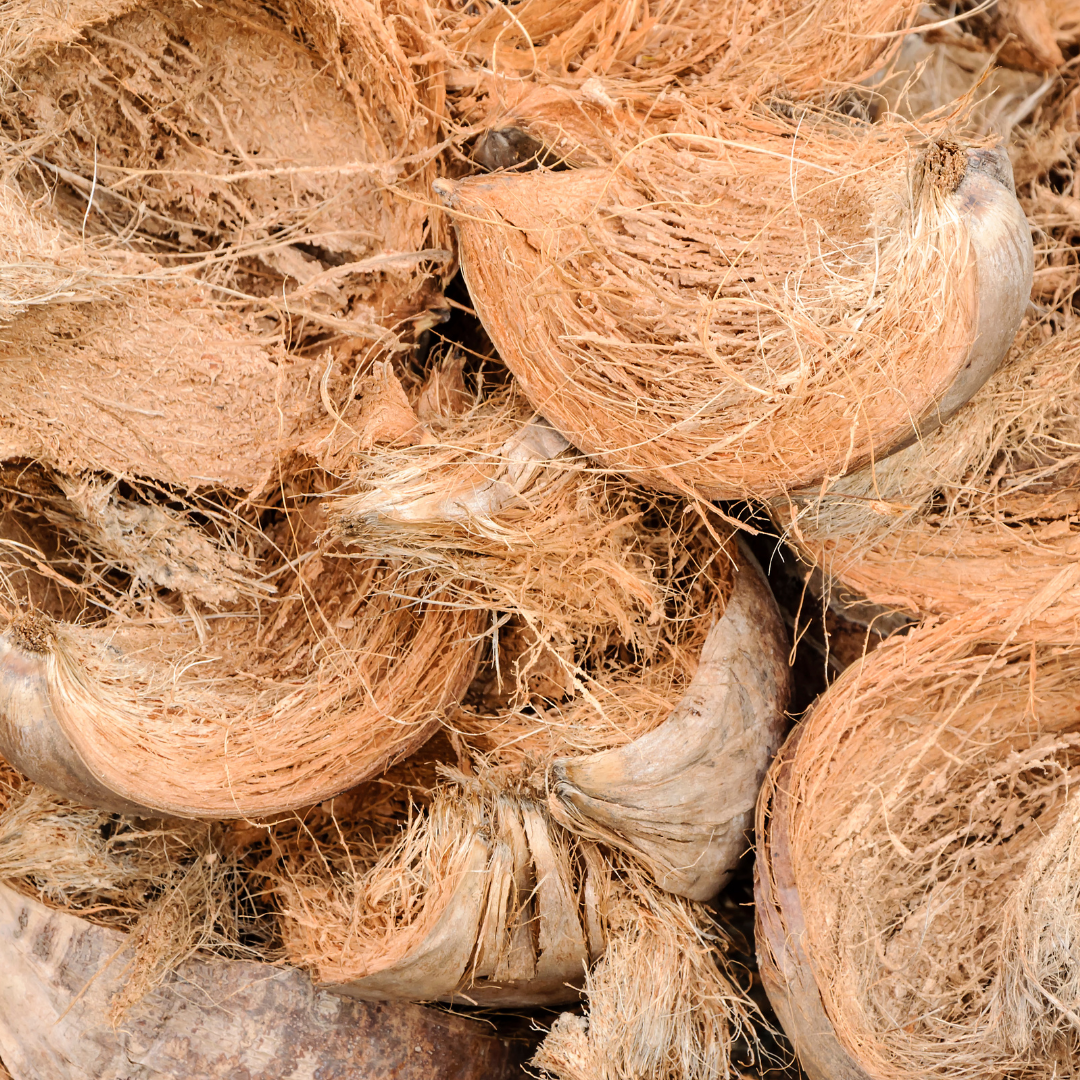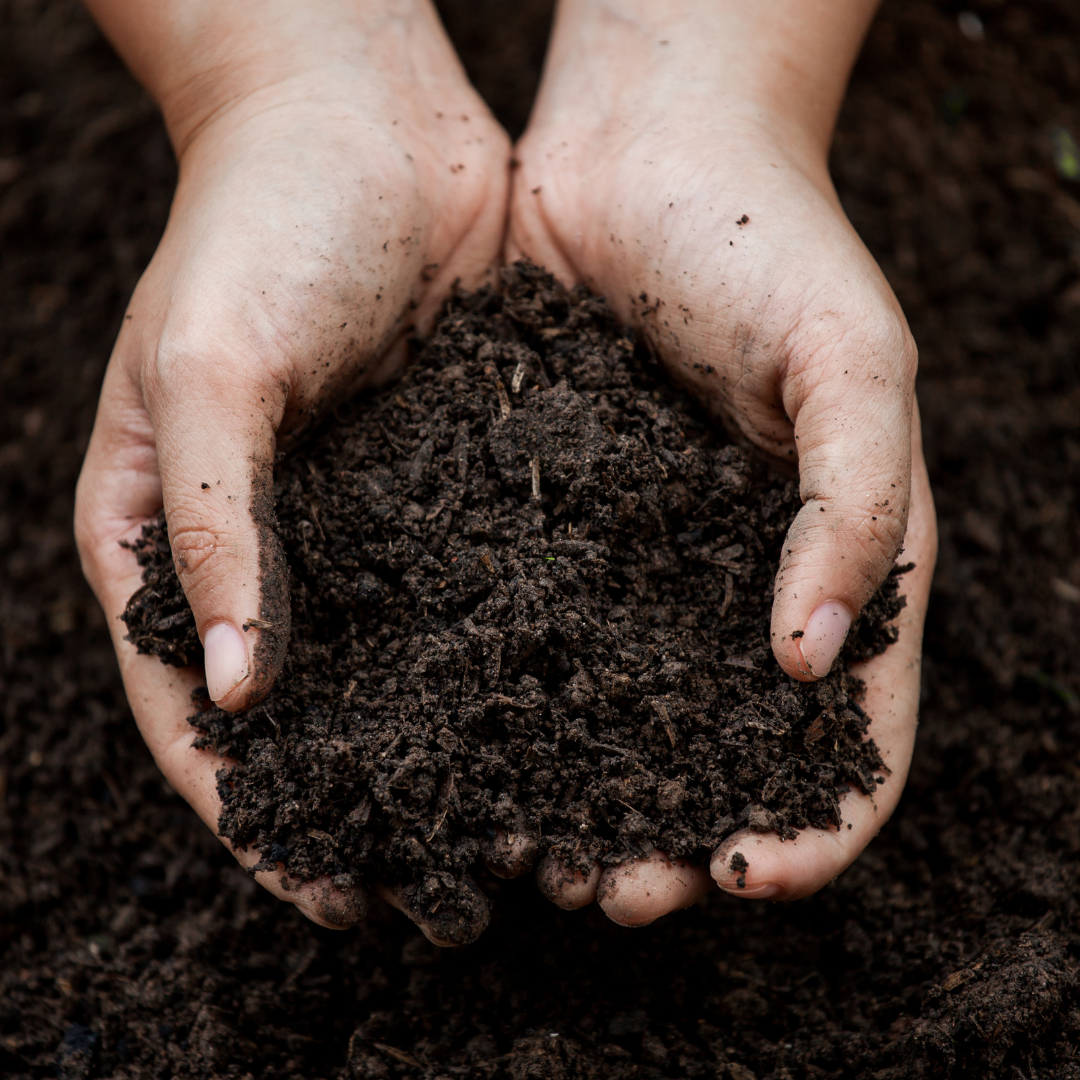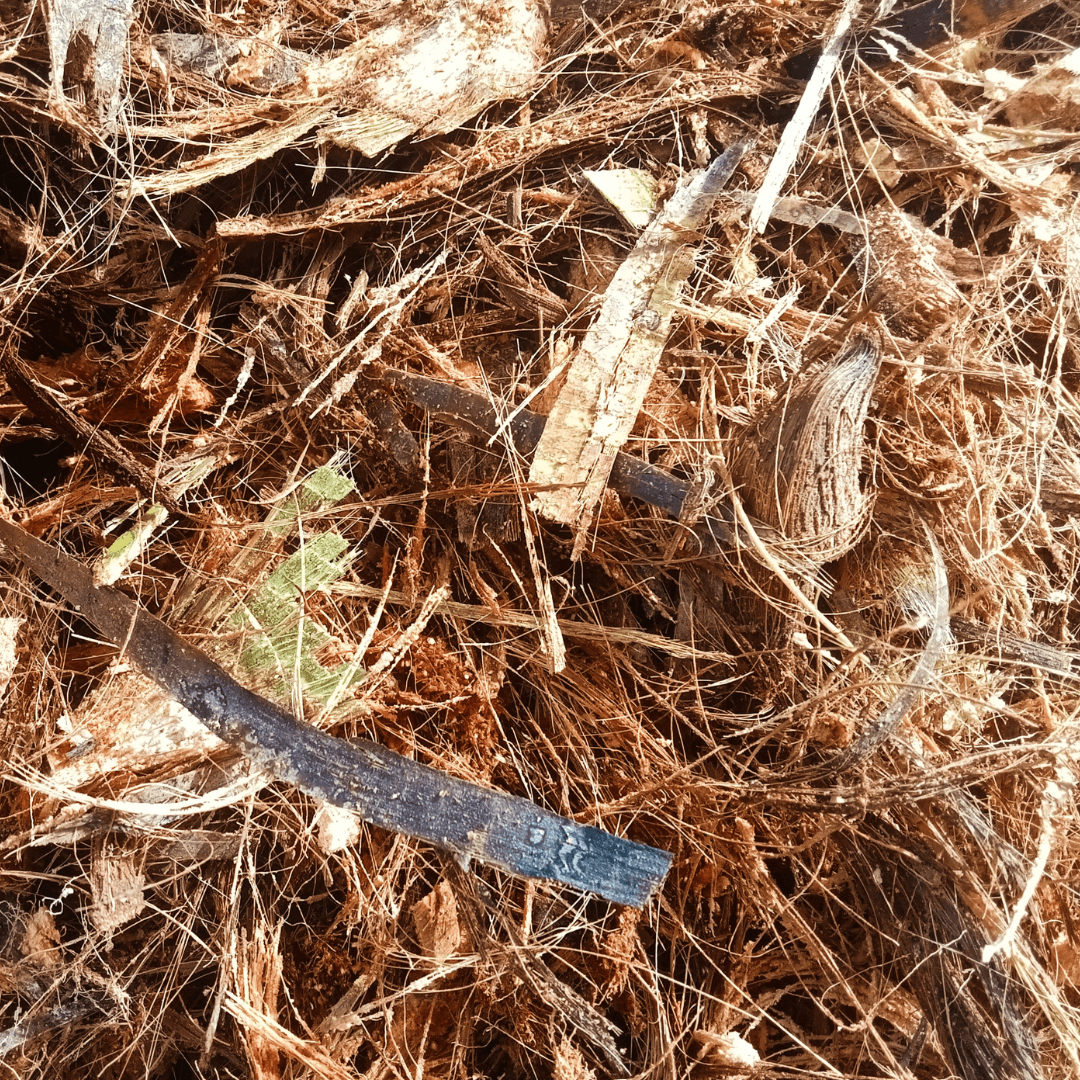Gardening is an excellent way to get fresh produce and beautify your surroundings. However, traditional garden soil is not always the best option. It can be depleted of nutrients, compacted, or contaminated with harmful chemicals. This is where alternative growing mediums like coconut coir come into play. This article will explore how coconut coir is a renewable resource for hydroponic gardening, potting mixes, and garden soil. We will talk about how to grow with coconut coir. We'll also discuss its benefits, including its high quality, water retention, and pH neutrality.
Coconut Coir: A Growing Medium for Plants
Coconut coir is a byproduct of the coconut industry. It is made from the fibrous husk that surrounds the coconut. It is a renewable resource and an eco-friendly alternative to other growing mediums like peat moss. Coco coir is a versatile growing medium in various forms, such as coco chips, coconut fiber, coco peat, and other coconut coir products.
Garden Soil
Coconut coir is an excellent alternative to traditional garden soil. Garden soil can become compacted, making it challenging for plants to get the necessary nutrients and water. It can also become contaminated with harmful chemicals, making it unsafe for growing food. On the other hand, coconut coir is a natural and renewable resource that is free from contaminants. It also has excellent water retention properties, so you won't need to water your plants as frequently.
Hydroponic Gardening
Hydroponic gardening is a method of growing plants without soil. Instead, the plants are grown in water that is rich in nutrients. Coconut coir is an excellent growing medium for hydroponics systems. It has a high water retention capacity, which means the roots of your plants will have constant access to water. It is also pH neutral, which means it won't affect the pH level of the water.
Vegetable Seed Vault Kit | 35 Variety Pack

$29.95
$49.95
Ultimate Survival Seed Vault: 16,000+ Non-GMO Heirloom Vegetable Seeds for Emergency Preparedness Introducing the Seed Vault Kit, your all-in-one solution for emergency preparedness and sustainable gardening. This premium seed kit contains over 16,000 non-GMO, Heirloom, Non-Hybrid, and Open Pollinated seeds,… read more
Potting Mixes
Coconut coir is an excellent addition to potting mixes. Potting mixes are typically made from soil, perlite, vermiculite, and other materials. However, adding coconut coir can improve water retention, making it easier for your plants to get the needed water. It can also add nutrients like calcium and magnesium, essential for plant growth.
Benefits of Using Coconut Coir
Coconut coir has several benefits, making it an excellent choice for growing plants.
Water Retention
Coconut coir has excellent water retention properties. It can hold up to ten times its weight in water, so your plants will have constant access to moisture. This makes it an excellent choice for areas with limited access to water or if you forget to water your plants frequently.
pH Neutral
Coconut coir is pH neutral, which means it won't affect the pH level of the soil or water. This is essential because the pH level affects the availability of nutrients to plants. Using coconut coir, you can ensure that your plants get the nutrients they need.
High Quality
Coconut coir is a high-quality growing medium. It is a renewable resource, free from contaminants, and has excellent water retention properties. It is also rich in nutrients like calcium and magnesium, essential for plant growth.
Popular Herb Seeds for Planting | 35 Variety Pack

$29.95
$49.95
Heirloom, non-GMO herb seeds for indoor and outdoor home gardens! Introducing our 35 Herb Seeds Variety Pack, the ultimate selection for any herb garden enthusiast! This premium assortment includes heirloom herb seeds that are non-hybrid, open-pollinated, and non-GMO, ensuring you get only… read more
Root Rot Prevention
Root rot is a common problem that can affect plants grown in soil. It occurs when the plant's roots become waterlogged, leading to fungal growth. Coconut coir has excellent drainage properties, which means it can prevent root rot by allowing for proper aeration of the roots.
How to Use Coconut Coir for Gardening
Using coconut coir for gardening is relatively easy. Here are some tips on how to use coconut coir:
Choose the Right Type of Coconut Coir
Several types of coconut coir are available, including coco chips, coconut fiber, and coco peat. Each class has unique properties, so choosing the right one for your needs is essential. For example, coco peat is an excellent option for seed-starting mixes, while coco chips are ideal for hydroponic gardening.
Rehydrate the Coconut Coir
Before using coconut coir, it's essential to rehydrate it. Add warm water to the coir and let it sit for at least 30 minutes. Once the coir has absorbed the water, fluff it up with your hands.
Check the pH Level
Before using coconut coir, check the pH level. It should be between 5.5 and 6.5. If the pH level is too high, add some sulfur to lower it. If it's too low, add some lime to raise it.
Mix with Soil or Use Alone
Coconut coir can be used alone as a growing medium or mixed with soil. When using it alone, add the necessary nutrients and fertilizers. When mixing with dirt, use a 50/50 soil and coconut coir ratio.
Plant Your Seeds or Transplants
Once you've prepared the coconut coir and checked the pH level, it's time to plant your seeds or transplants. Make sure to water them properly and monitor their growth.
Conclusion
Coconut coir is an excellent alternative to traditional garden soil and is a versatile growing medium. Its benefits include its high quality, water retention, and pH neutrality. It's also a renewable resource, making it an eco-friendly choice for gardening. Whether a beginner or an experienced gardener, coconut coir is an excellent option for growing a wide range of plants, including heirlooms and garden seeds. Try using coconut coir for your next gardening project and see the difference it can make for your plants.







